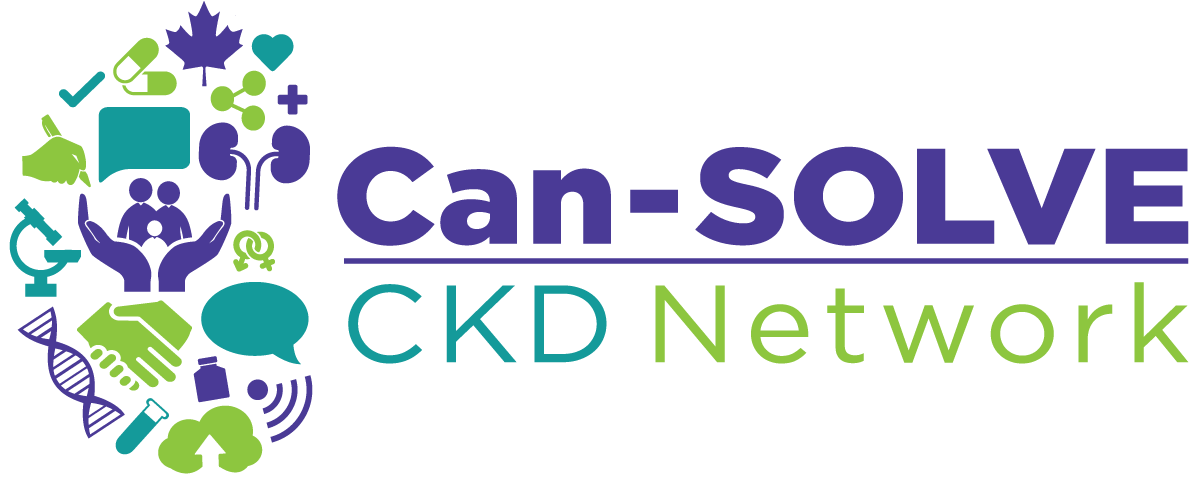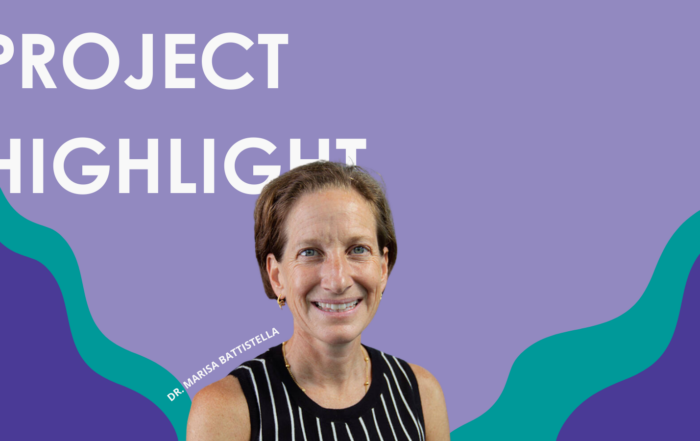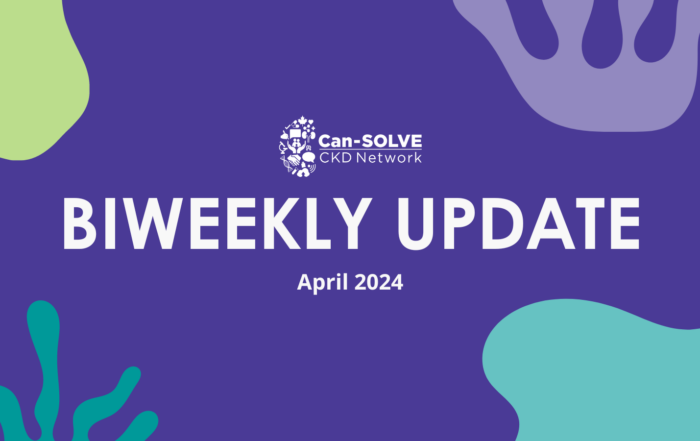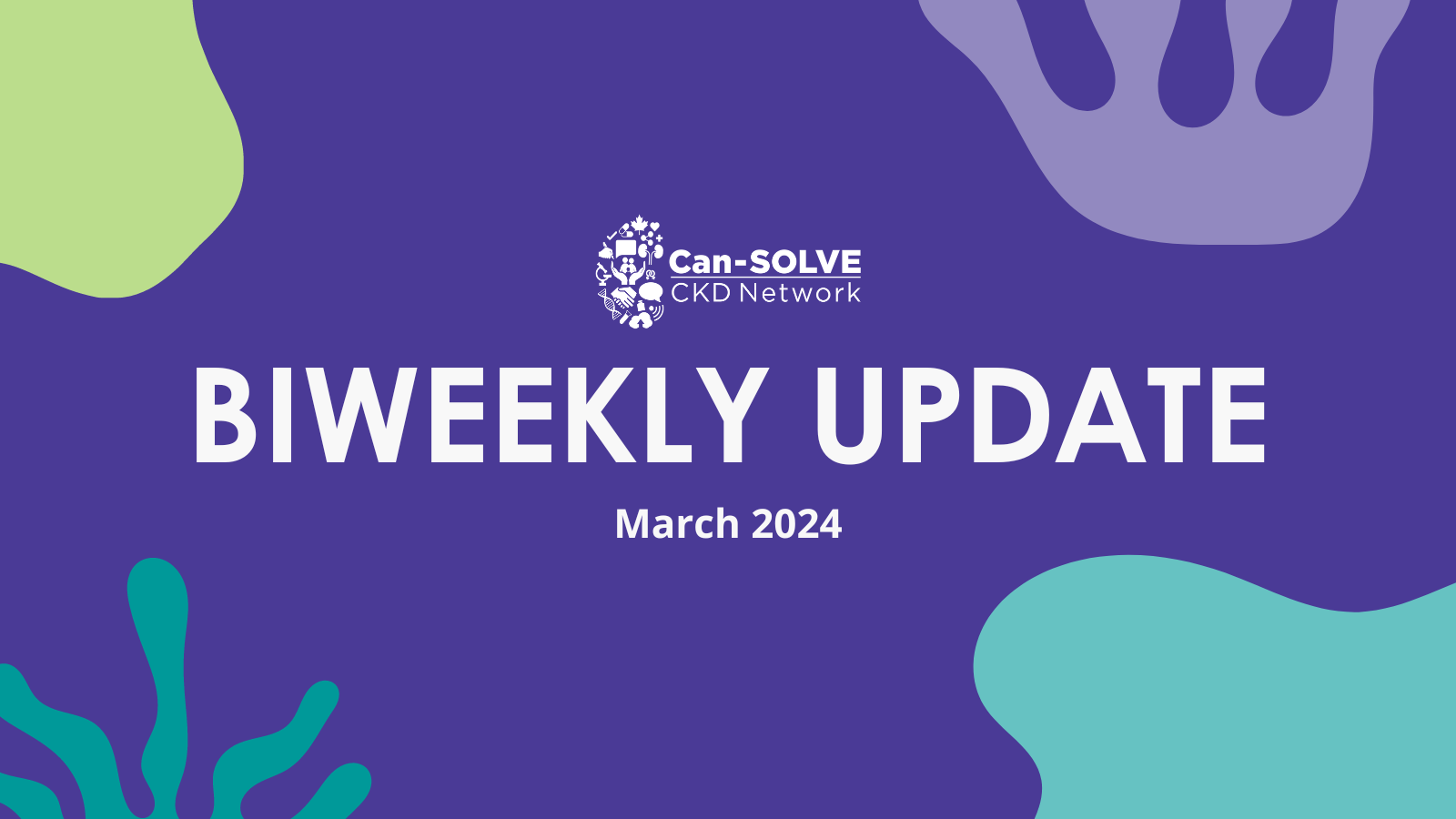
March 28, 2024
Our biweekly update keeps you informed on our network projects and initiatives! Below are a few highlights. Make sure to check out the latest issue below.
Can-SOLVE CKD Network Update
At Can-SOLVE CKD, our mission is to improve the kidney health of Canadians. We do this by creating new knowledge through a robust research program built around the experiences, priorities and perspectives of our diverse patient partner community.
In this update, we’ve collected our most recent tools, opportunities, and research projects that are enhancing knowledge of kidney health in a variety of ways. These initiatives come together to advance a collective kidney health education for not only patients and researchers, but all Canadians.
The Barbara Ann LeGay Award for Patient-Oriented Research and the Howard Vincent Reconciliation Award
Do you know a patient partner at Can-SOLVE CKD Network that demonstrates leadership qualities and actively works to address the disconnect in healthcare? Do you know a non-Indigenous network member that is actively working to better Indigenous health?
Consider nominating them for the Barbara Ann LeGay Award for Patient-Oriented Research or the Howard Vincent Reconciliation Award.
The Howard Vincent Reconciliation Award honours a non-Indigenous individual who has demonstrated commitment to furthering Reconciliation with Indigenous peoples within the Can-SOLVE CKD Network or who has inspired others to continue Reconciliation efforts.
The Barbara Ann LeGay Award for Patient-Oriented Research is presented to a patient who has demonstrated a special knowledge and interest in the inter-relationship between medical care providers, researchers and patients.
Cultural Competency Connections: New Indigenous Evaluation Network Takes Root
A small group of people who work in health research have banded together to create a larger, nation-wide network dedicated to sharing and advancing Indigenous ways of evaluating research. The new Indigenous Evaluation Network launched its first summit on February 22-23, 2024, which yielded fruitful discussions on the importance of including Indigenous knowledge in health research and identifying ways to ensure health research projects and initiatives are successful, as deemed by Indigenous peoples. “It’s important because the way that Indigenous people think, and the way we do things are quite different from western education and thought. We’re in the era of truth and reconciliation and decolonization, so a big part of that is listening to Indigenous people and our priorities,” explains Craig Settee, who is Cree/Anishinaabe and a member of Fisher River Cree Nation (Treaty 5 Territory), Manitoba, Canada.
How one passionate team is reshaping the living kidney donation process in Canada
Many health research projects focus on a specific and narrow aspect of care – for example, implementing a new test or tool into practice. But how does one go about changing an entire process for care delivery? When it comes to the process for a living person to donate one of their kidneys to another person, the process can be especially complex.
Dr. Amit Garg, a nephrologist at the London Health Sciences Centre, is leading a research team that is not shying away from the task. Their research project is exploring ways to improve the process of living kidney donation, first in Ontario, and then across the country. They are keen to improve patients’ access to kidney transplantation because this treatment option offers patients the best outcomes, including longer life expectancies and a better quality of life.
More Network Updates
Connect with us!
Subscribe to learn more about what we do, why it matters, and how you can get involved!
